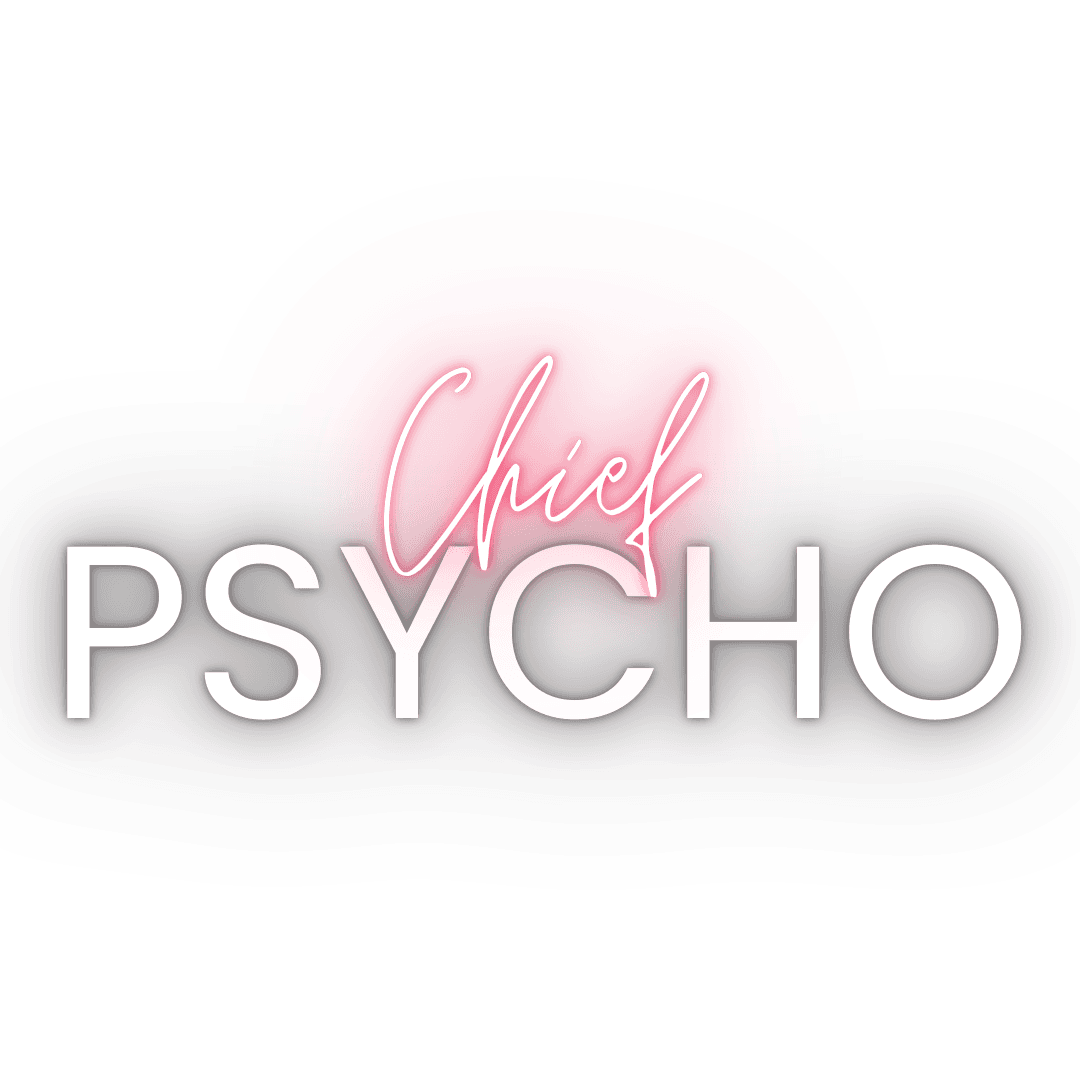Salesforce Just Laid Off 4,000 Humans for AI. Let’s Get Real About What This Means.
The Announcement
On September 2, 2025, Salesforce confirmed layoffs of more than 4,000 customer service employees, nearly half of that workforce, replaced by its AI system, Agentforce (NBC Bay Area, 2025). Benioff justified the cuts with unsettling bluntness: “I need fewer heads.” (NDTV, 2025). At the same time, he boasted that AI now handles 1.5 million interactions with “93% accuracy” (Business Insider, 2025).
If this feels like déjà vu, it’s because automation always promises productivity gains at human expense. But this particular moment matters: Salesforce isn’t a factory—it’s the world’s top CRM platform, whose very identity is “customer success.” The irony of cutting the very humans who delivered that success is hard to miss.
Automation Isn’t New—But the Context Is
Scholars have documented waves of technological displacement since the Industrial Revolution (Brynjolfsson & McAfee, 2014). Routine, codifiable tasks are first to be automated (Autor, Levy, & Murnane, 2003). Customer support fits that bill. What makes Salesforce’s move different is the symbolic weight: when the most visible “customer company” publicly declares humans expendable, it signals a normalization of AI-first labor strategies across industries.
This isn’t “just business.” It’s a redefinition of what organizations value: efficiency metrics over relational depth.
Psychological Safety and the Human Aftermath
Let’s be clear: 4,000 layoffs are not just data points. They are ruptures in lives, trust, and identity. Amy Edmondson’s (1999) work on psychological safety emphasizes that trust is not just a “soft” metric—it predicts performance, learning, and adaptability. Leaders cannot build trust in their organizations while simultaneously celebrating the elimination of “heads.”
What message do remaining employees internalize? That loyalty is contingent on being cheaper than a bot. This creates climates of fear, not safety—a condition long known to erode creativity, risk-taking, and long-term commitment (Kahn, 1990).
Labor Economics: Reallocation or Displacement?
Benioff claims many affected workers were redeployed to sales, professional services, and customer success (LA Times, 2025). This echoes the task reallocation model (Autor, 2015), where technology removes certain functions while humans shift into higher-value roles. Theoretically sound, but in practice, reallocation often benefits a minority while most experience downward mobility or exit (Frey & Osborne, 2017).
We don’t yet have longitudinal data on Salesforce’s “redeployments.” If the pattern mirrors prior tech disruptions, this story is less about “reskilling” and more about labor bifurcation—where a small group ascends, while many are left behind.
The Narrative Problem: When Efficiency Becomes a Brand
Words matter. Benioff could have framed this as a strategic redeployment. Instead, he leaned into the language of “fewer heads.” This is not semantics, it’s cultural DNA. Leaders set the tone. The rhetoric reduces humans to headcount, treating labor like a liability rather than a resource of innovation and trust.
Contrast this with stakeholder theory (Freeman, 1984), which argues organizations must balance value creation across all stakeholders—not just shareholders. The choice of narrative reveals who leaders believe their real audience is: Wall Street, not their workforce.
The Future of Work: Hybrid or Hollow?
Here’s the paradox: Even as Salesforce touts its AI, Benioff insists humans remain “central to the story” and dismisses hype around Artificial General Intelligence (ITPro, 2025). So which is it?
The likely future isn’t one where humans disappear—it’s one where humans are increasingly marginalized to “complex judgment” and “relationship work” while AI consumes the rest. Leaders who mistake this as a cost-cutting victory are blind to the long-term consequence: eroded employee trust, diminished customer loyalty, and an organizational culture built on instability.
What Leaders Need to Learn from This
Automation is inevitable. Dehumanization isn’t. Replace tasks, not identities.
Efficiency doesn’t justify everything. Organizational health cannot be reduced to quarterly savings. Narratives shape culture. “Fewer heads” is not leadership—it’s reductionism. Psychological safety is not optional. Without it, innovation collapses under fear.
Closing Thought
AI is not the villain here. The villain is leadership that celebrates efficiency without acknowledging the human cost. Salesforce’s layoffs are not just a labor event, they are a cultural signal.
The question for every leader watching is simple: will you use AI to enhance human potential, or as an excuse to shrink it?
References
- Autor, D. H. (2015). Why are there still so many jobs? The history and future of workplace automation. Journal of Economic Perspectives, 29(3), 3–30.
- Autor, D. H., Levy, F., & Murnane, R. J. (2003). The skill content of recent technological change: An empirical exploration. The Quarterly Journal of Economics, 118(4), 1279–1333.
- Brynjolfsson, E., & McAfee, A. (2014). The second machine age: Work, progress, and prosperity in a time of brilliant technologies.
- Norton. Edmondson, A. (1999). Psychological safety and learning behavior in work teams. Administrative Science Quarterly, 44(2), 350–383.
- Frey, C. B., & Osborne, M. A. (2017). The future of employment: How susceptible are jobs to computerisation? Technological Forecasting and Social Change, 114, 254–280.
- Freeman, R. E. (1984). Strategic management: A stakeholder approach. Pitman.
- Kahn, W. A. (1990). Psychological conditions of personal engagement and disengagement at work.
- Academy of Management Journal, 33(4), 692–724.
- NBC Bay Area. (2025, Sept 2). Salesforce CEO confirms 4,000 layoffs.
- NDTV. (2025, Sept 3). Salesforce lays off 4,000 employees.
- LA Times. (2025, Sept 2). Salesforce CEO on layoffs.
- TechRadar. (2025, Sept 2). Salesforce replaces 4,000 jobs with AI.
- Business Insider. (2025, June). Salesforce AI handling inquiries.
- ITPro. (2025, Sept). Humans must remain at the center of AI adoption.
